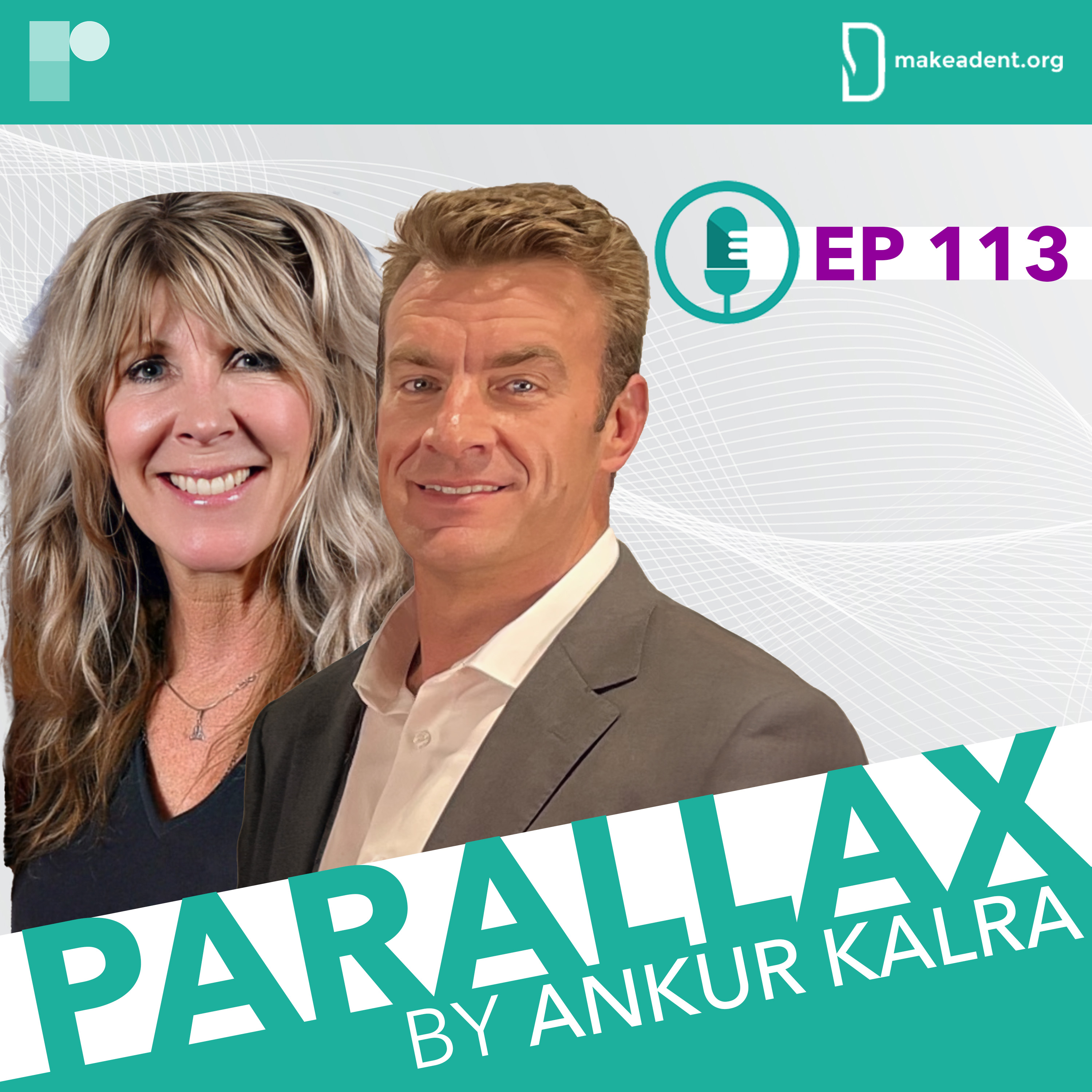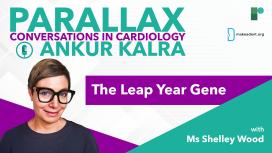
This week on Parallax, Dr Ankur Kalra welcomes Eric Radtke, Vice President at Worldwide Innovations & Technologies, Inc, and Barbara Breininger, a cardiovascular radiologic technologist and clinical manager with 26 years of experience.
This special episode dives deep into the crucial topic of radiation hygiene, exploring it from the perspectives of both manufacturers and users of radiation safety products.
Barbara Breininger shares her experiences traveling nationwide to educate healthcare professionals on radiation safety, emphasizing the need for collective awareness and best practices in cath labs.
Eric Radtke discusses the company's evolving focus on radiation safety, the origins of their initiatives, and the concerning impacts of radiation exposure as revealed by recent studies. We'll also explore practical steps to enhance safety and delve into the RADPAD tools that can shield interventional cardiologists and allied professionals from exposure.
How can we protect ourselves from radiation in the Cath lab? How can we raise awareness of radiation hygiene?
Trials mentioned in the episode:
Aizer A, Qiu JK, Cheng AV, et al. Utilization of a Radiation Safety Time-Out Reduces Radiation Exposure During Electrophysiology Procedures. JACC EP 2019; 5:5:626-634. doi.org/10.1016/j.jacep.2018.12.002
Ahmad IM, Abdalla YM, Moore TA, et al. Healthcare Workers Occupationally Exposed to Ionizing Radiation Exhibit Altered Levels of Inflammatory Cytokines and Redox Parameters. Antioxidants 2019; 8:1. doi.org/10.3390/antiox8010012
Support: This episode is supported by Radcliffe Cardiology; it received no funding from Worldwide Innovations & Technologies.



The charity organisation, Women as One is an agent for women and men to be part of medicine that is built on talent, rather than a privilege. Roxana and Ankur discuss the role of mentorship and family-friendly work environment in mending the broken house of cardiology. Roxana talks about the practical tools that are available for women to take the next steps in their career and achieve their goals.

Dr Kalra asks Dr Mauri about early influences and her traineeship with legendary interventionalists, the late Donald Baim and Richard Kuntz. Dr Mauri talks openly about her decision-making process and the importance of selecting your priorities and committing to them. Ankur asks Laura about her decision to go into industry. Laura shares her thoughts on medical innovations and meeting urgent needs with unique perspectives.
What is Dr Mauri’s advice for a young cardiologist? How did she balance research and patient care? What are the questions that helped her decision making? How does Dr Mauri think about innovations in medicine?

Brigham and Women’s Hospital’s Health Equity Committee decided to confront the status quo by asking: How is racism on a structural level present within our walls?
Ankur Kalra’s guests Michelle Morse (Founding Co-Director of EqualHealth and Assistant Professor at Harvard Medical School) and Lauren Eberly (Cardiology Fellow at the University of Pennsylvania) are co-authors of a retrospective study that demonstrated what had previously only been observed: That black or brown heart failure patients ended up in general medicine rather than specialised cardiology services. Following the publication of the study in November 2019, the Health Equity Committee started to roll out anti-racism trainings and to work on objective admission guidelines to mitigate biased behaviours.
Aarti Bhatt (Assistant Professor of Medicine at the University of Minnesota), member of the Minnesota chapter of Campaign Against Racism, talks about their initiative to support projects that have a positive impact on local communities on a global scale.

In this week’s Parallax, Dr Kanaa’N, the director of the program, and Dr Lahorra, chairman of the Heart, Vascular & Thoracic Department of Akron General introduce the listeners to the foundations of their program and the paradigm shift brought by TAVR.

Ankur Kalra asks Grant W Reed, Director of the Cleveland Clinic’s STEMI program, to reflect on the actions they took and the challenges of delaying cardiovascular procedures in the wake of the coronavirus pandemic. Dr Reed offers insight on the factors that influenced the Cleveland Clinic’s STEMI policy for COVID-19. Ankur and Grant discuss the triage considerations for patients with structural heart disease and the steps the clinic took to protect its healthcare workers.






